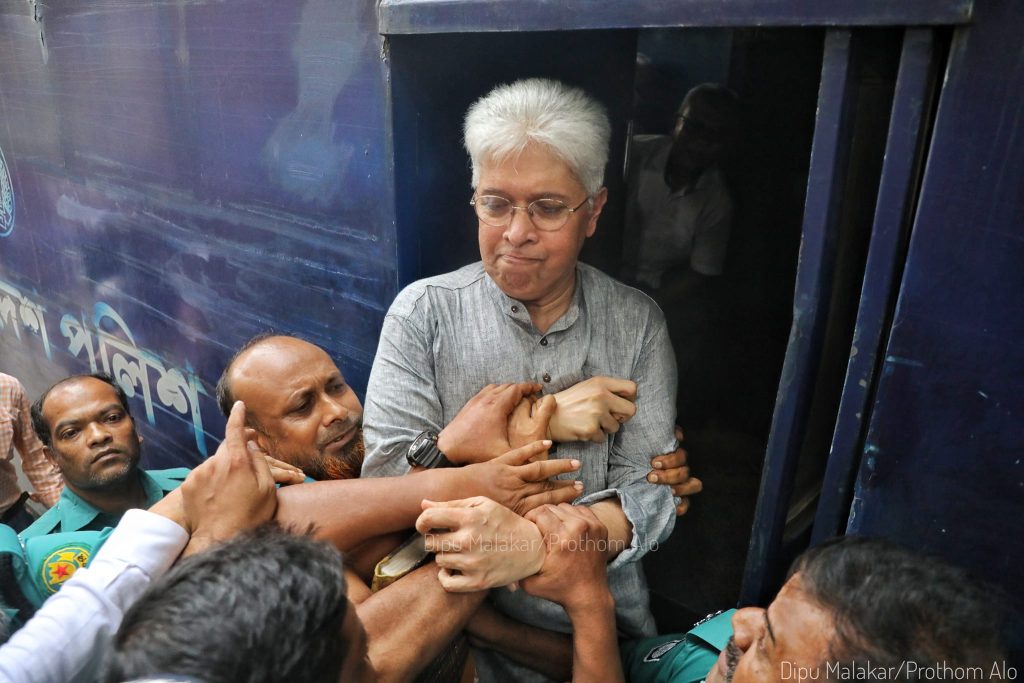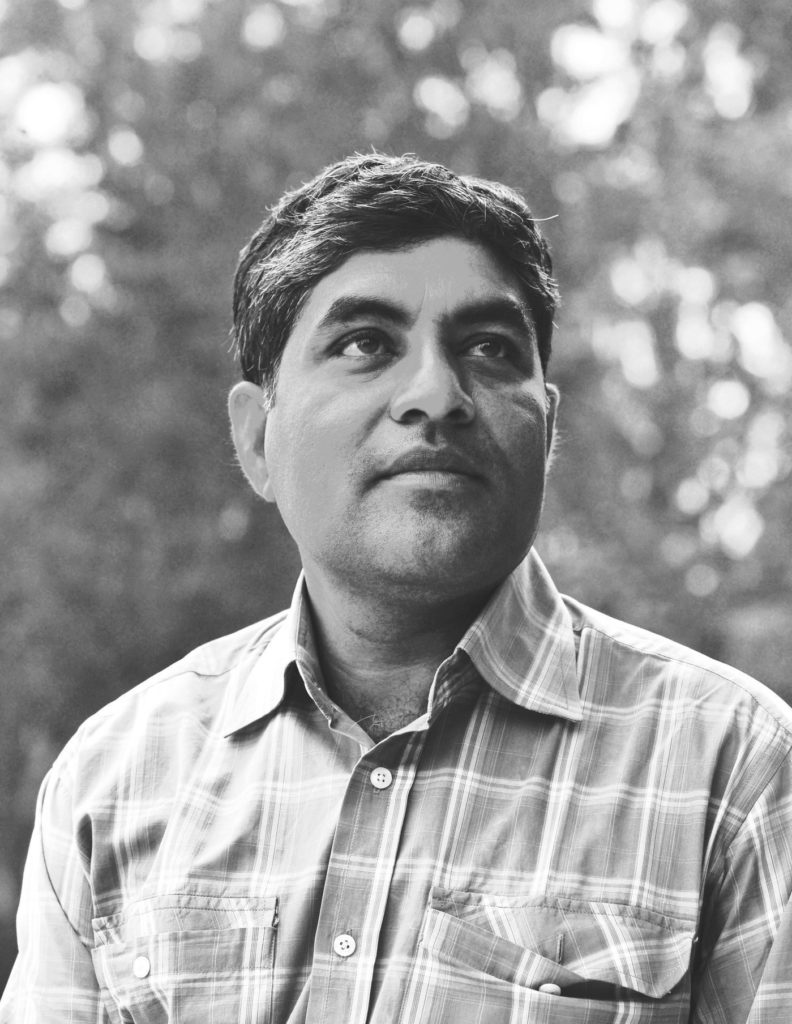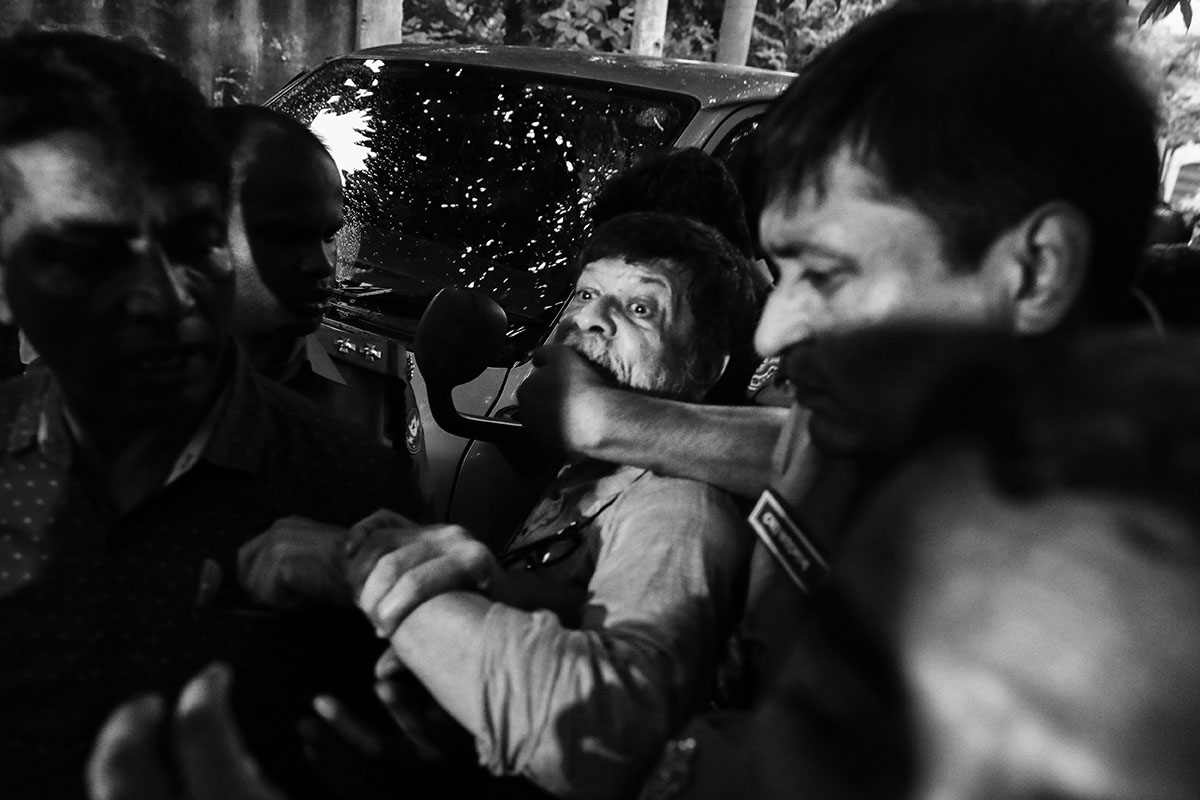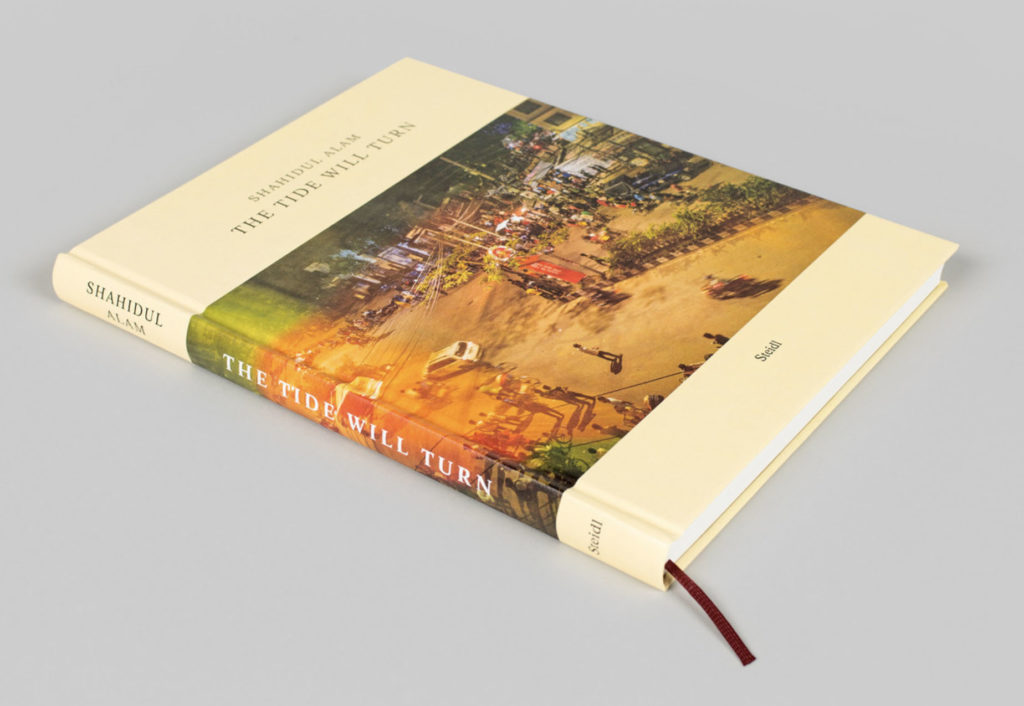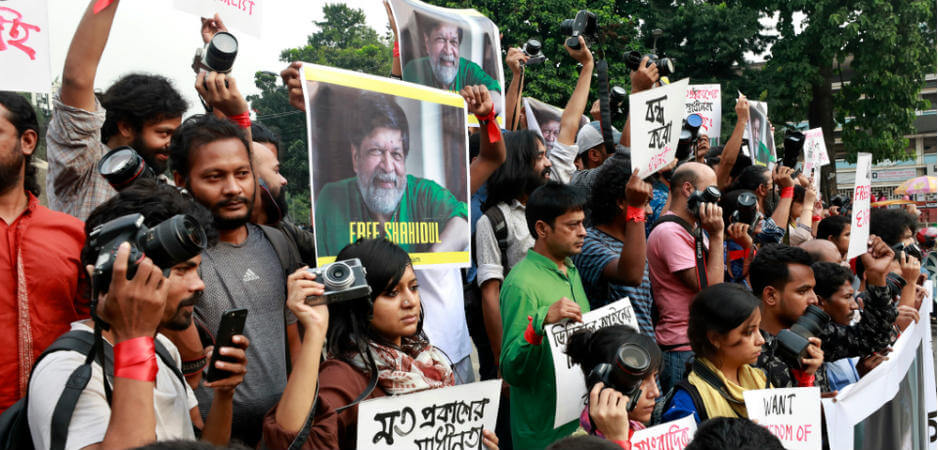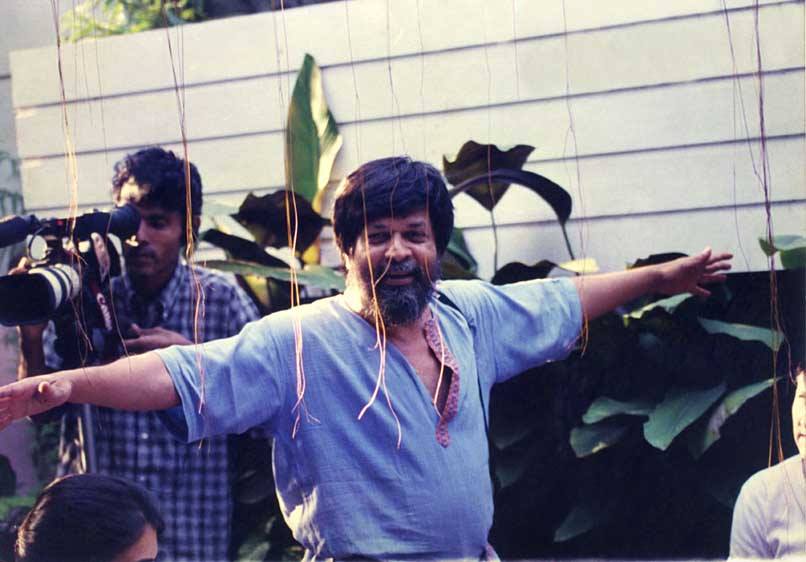The imprisonment of Odhikar’s Adilur Rahman Khan and ASM Nasiruddin Elan
The humiliation of being put in that cage was not lost on anyone. Odhikar’s Secretary Adilur Rahman Khan and Director ASM Nasiruddin Elan had been there before, as indeed had I. Multiple times, on some occasions because the judge wanted to see me inside again. His sadistic pleasure in putting me back in the cage, on public display. The rambling judgement at the end of Odhikar’s case could have been reduced to two sentences. “You are guilty because we say so. You will go to jail, because we can.”
I knew Adil and Elan through my crossfire exhibition, a show I had produced in 2010 based on extensive research by Momena Jalil, Fariha Karim and others of the Drik team. We were to open the show on 22nd March 2010, but the government intervened. Apparently, we had no right to show our own artwork in our own gallery without special government permission. We had asked which law this was stipulated by, but they weren’t able to produce any. Riot police came over anyway and closed down our gallery. Mahasweta Devi, the fiery Indian writer and activist had flown over to open the show. Nurul Kabir, one of the bravest editors Bangladesh has seen and one who still has the spine to resist publishing government propaganda, was also one of the speakers. With armed police surrounding the gallery, we resorted to opening the show in the streets of Dhanmondi outside our office.
